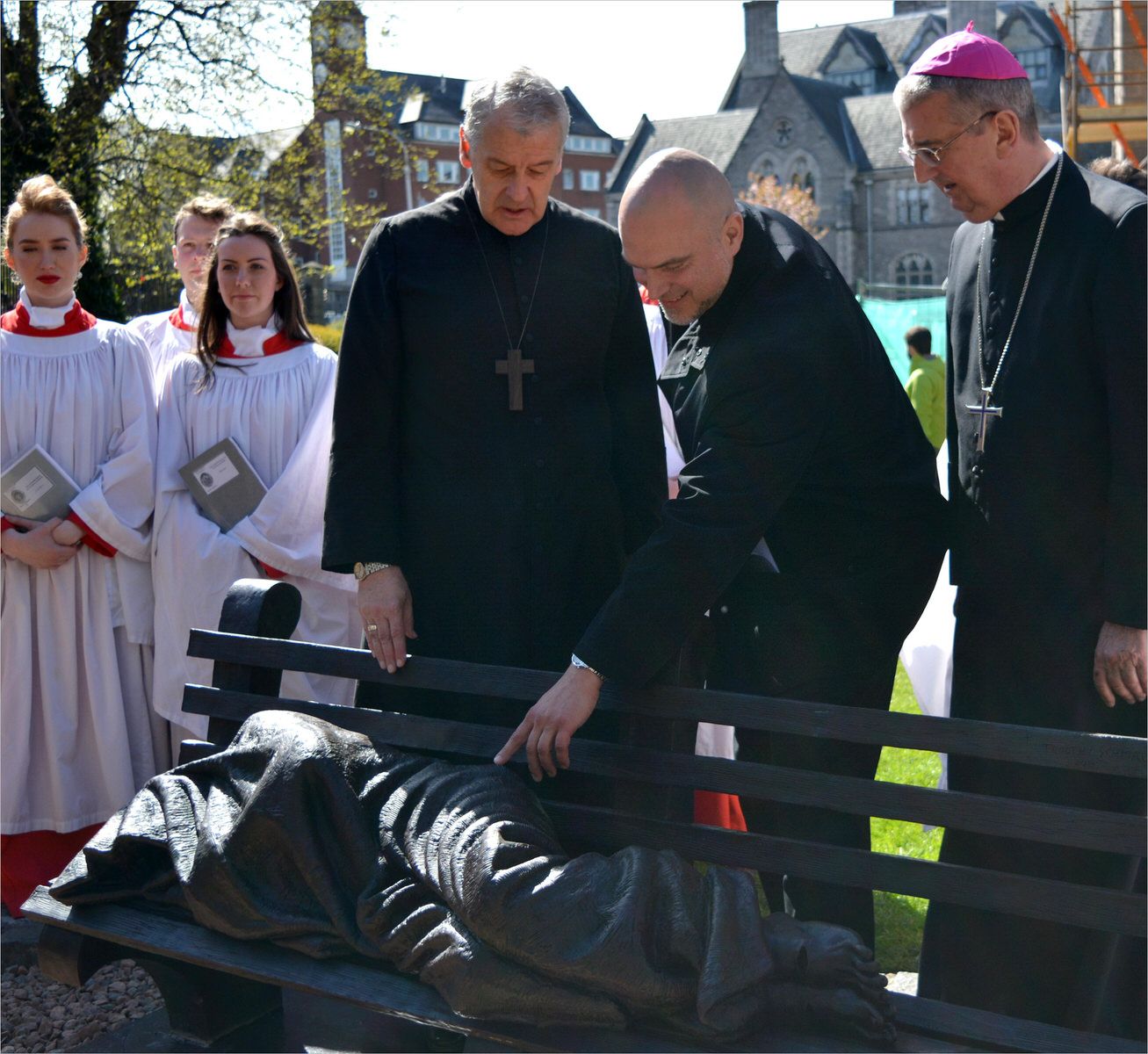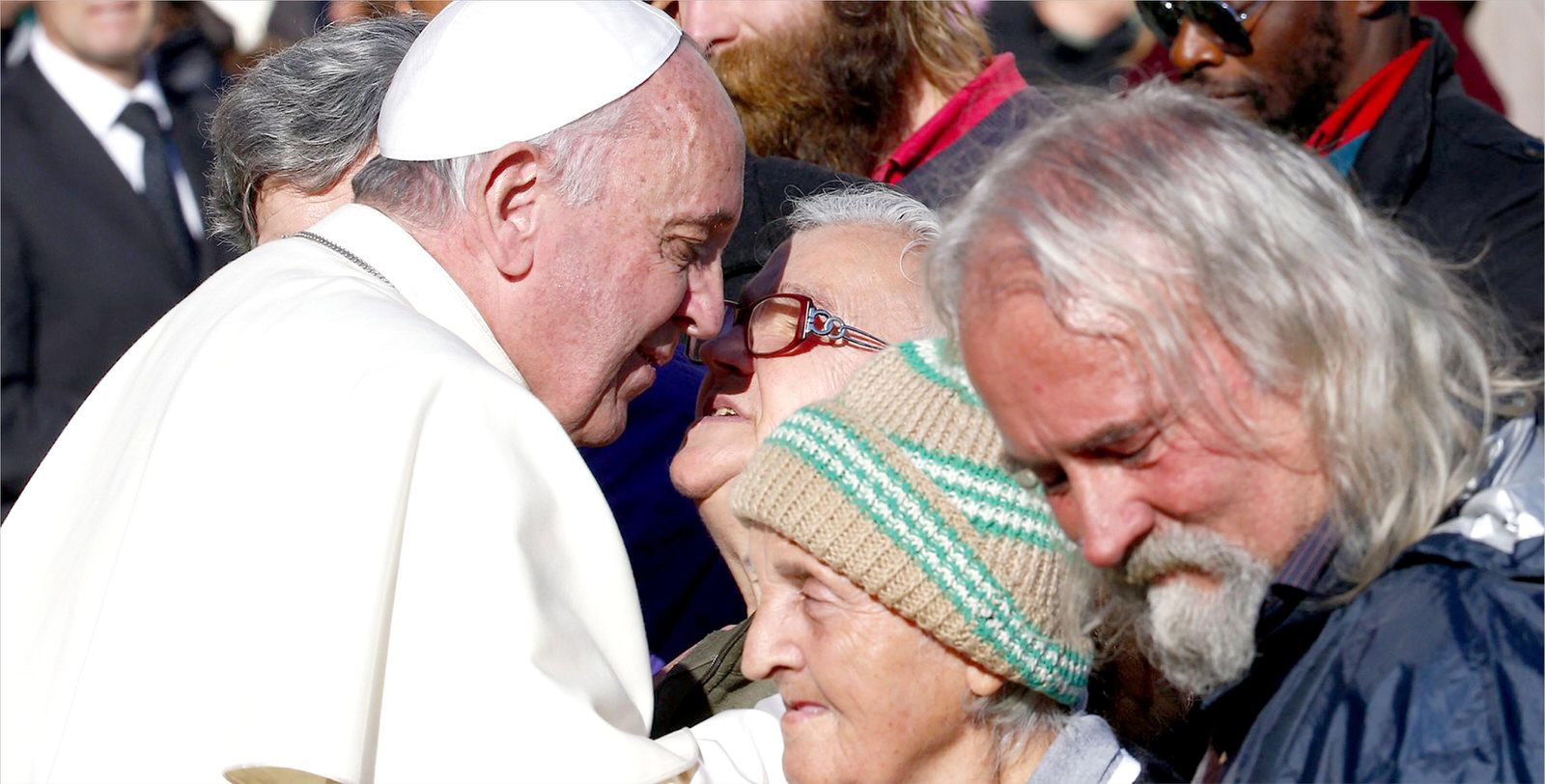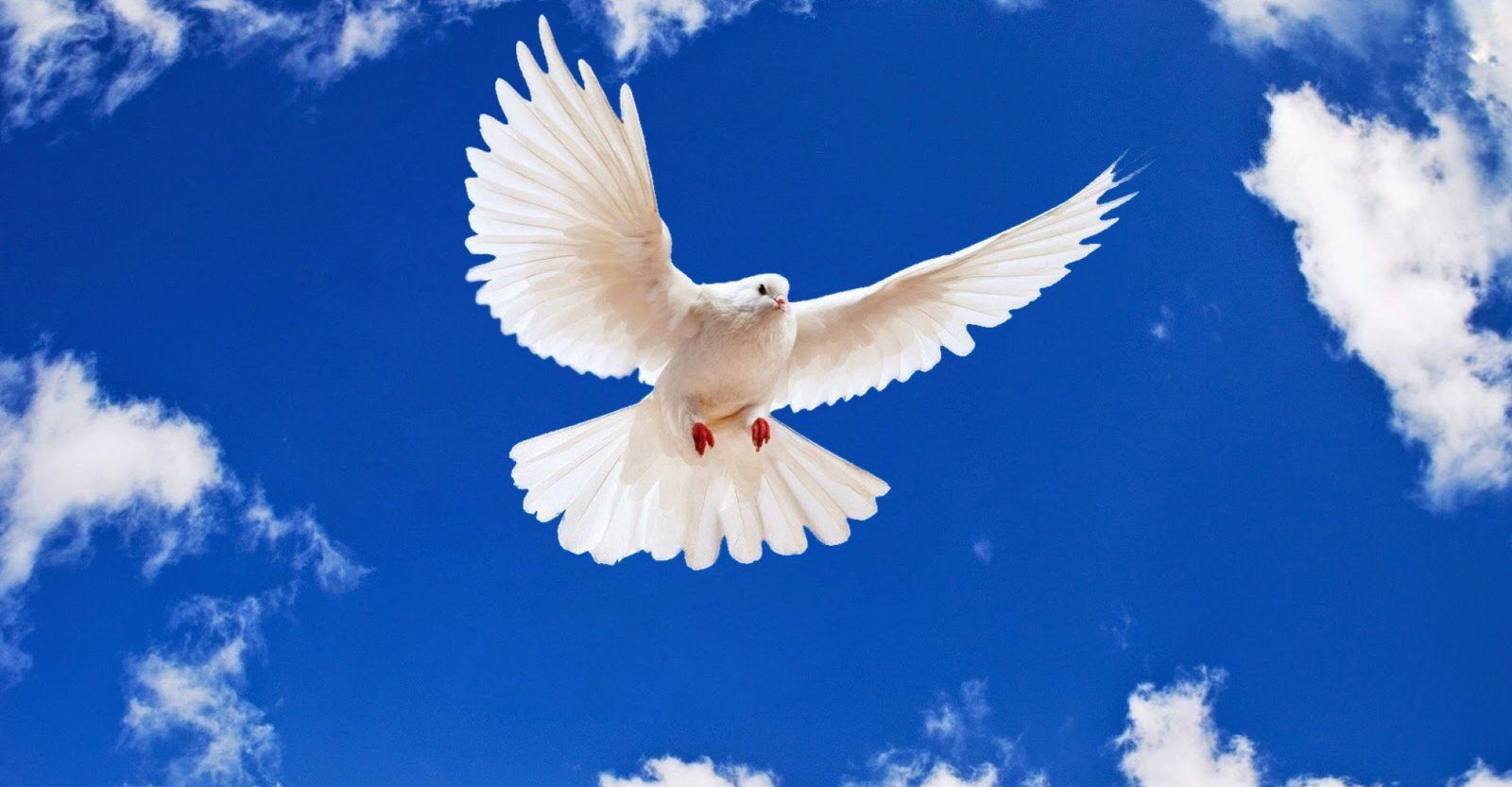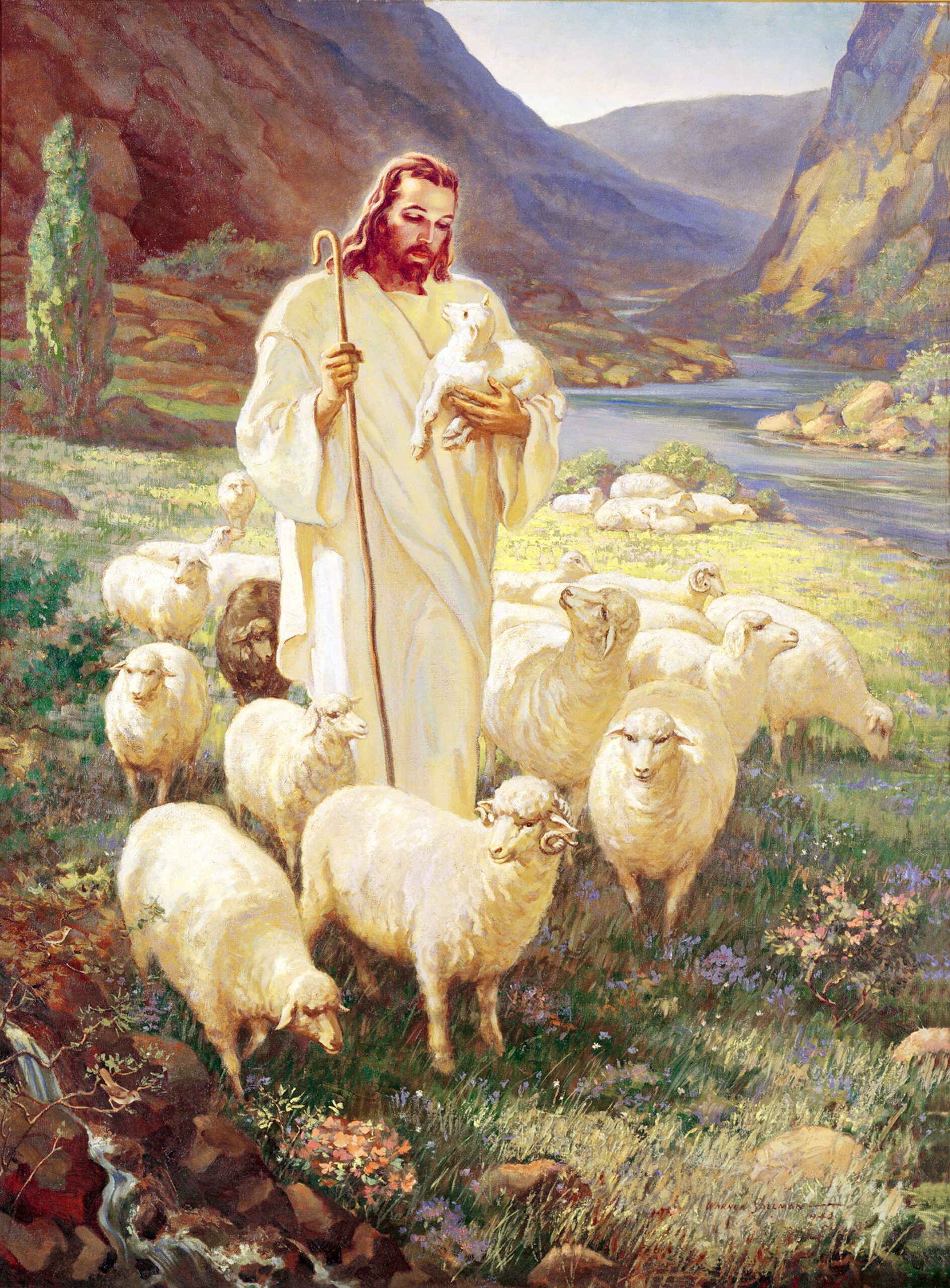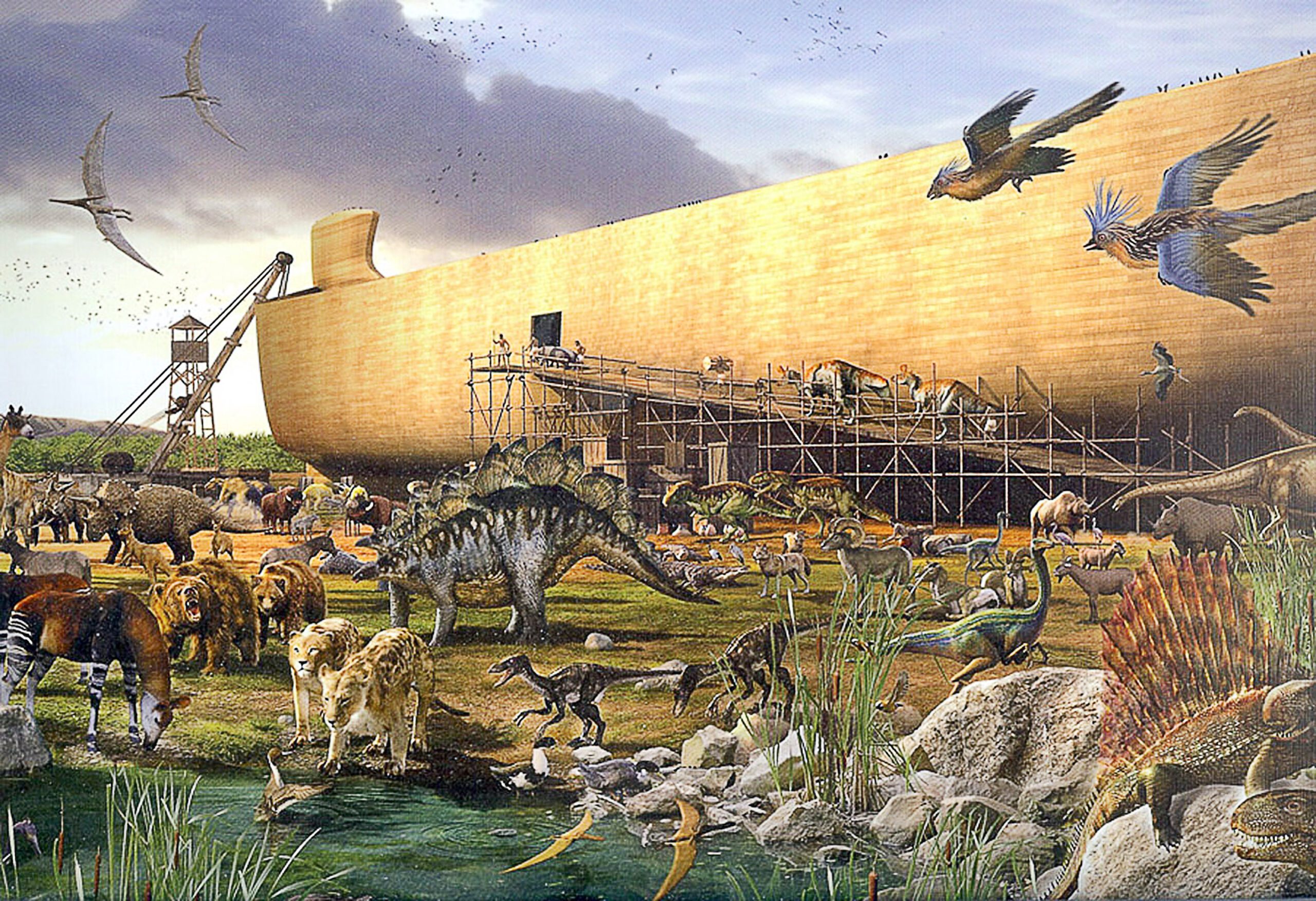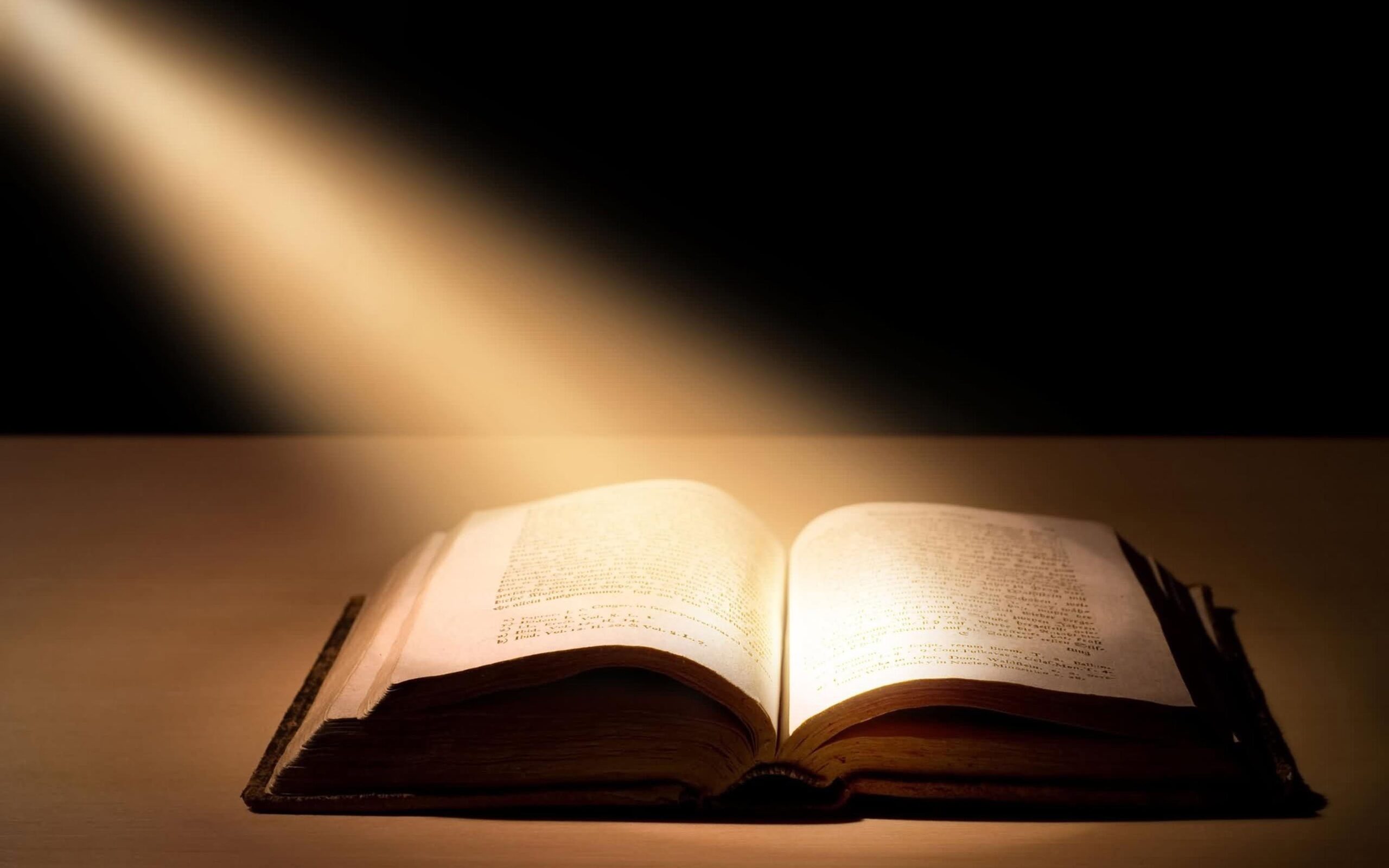The mission of John the Baptist corresponds to a very special vocation. It is also exemplary, illuminating our own vocation. It can be described in five stages, using, as a reference, five places linked to him: the Temple, the house, the desert, the River Jordan and the prison of Herod’s palace.
The Temple of God
“Zechariah was exercising his priestly office before God when it fell to him by lot, as the priestly custom was, to enter the Lord’s sanctuary and burn incense there…..Then there appeared to him the angel of the Lord, standing on the right of the altar of incense” (cf Lk 1:5-25).
The Baptist’s vocation began in the Temple of Jerusalem, with the announcement of the good news of his birth brought by the Archangel Gabriel to the frightened and incredulous Zechariah: “Zechariah, do not be afraid, for your prayer has been heard. Your wife Elizabeth is to bear you a son and you shall name him John.” John means “God is merciful.” All our names allude to His mercy!
All life begins in the “Temple,” the primary waiting place for all beings. We are all conceived in God’s heart. From there, life, choice, consecration and the mission of the devout springs: “Before I formed you in the womb I knew you; before you came to birth I consecrated you; I appointed you as prophet to the nations” (Jer 1:5).
But a vocation that does not cultivate communion with God in prayer, which does not frequent his inner Temple, will soon be suffocated by a thousand vociferous voices, by illusions and fantasies, by thorns and thistles. That “inner Temple” is thus destroyed.
There is a temple of God to be rebuilt – in us and immediately – says the prophet Haggai: “Is this a time for you to live in your paneled houses, when this House lies in ruins? So now, Yahweh Sabaoth says this: “Think carefully about your behavior. You have sown much and harvested little; you eat but never have enough, drink but never have your fill, put on clothes but feel no warmth. The wage-earner gets his wages only to put them in a bag with a hole in it….And why? Because while my House lies in ruins, each of you is busy with his own house” (Hag 1).
The House
“When his time of service came to an end, he (Zechariah) returned home. Sometime later, his wife Elizabeth conceived and for five months she kept to herself” (Lk 1:23-24).
Life with all its extraordinary beauty, strength and exuberance, capable of making us marvel at every step, is also extremely fragile. It needs to be welcomed into the bosom of the Earth, to find a house to live in, to be hosted in a womb that nurtures, cherishes and protects it.
The newborn life and the prophetic vocation of John the Baptist found, in Zechariah’s house and at Elizabeth’s breast, a welcoming cradle.
In the same way, every vocation requires a “house,” a favorable context. Such a “house” will be the family, the Christian community – a support group. In other words, a sort of “greenhouse” that offers the necessary conditions for birth and growth. A special vocation, in fact, is a rare plant that needs particular environmental conditions like those described in Psalm 128: “How blessed are all who fear Yahweh, who walk in His ways! Your own labors will yield you a living; happy and prosperous will you be. Your wife, a fruitful vine in the inner places of your house. Your children round your table like shoots of an olive tree. Such are the blessings that fall on those who fear Yahweh.”
The Desert
“Meanwhile the child grew up and his spirit grew strong. And he lived in the desert until the day he appeared openly to Israel” (Lk 1:80).
You cannot live eternally in a greenhouse. At a certain point, the plant must interact with the outside world, with the air, the wind, sun, rain…to be able to grow and develop to its full potential. It will, therefore, have to face storms, resist the rigors of the winter, and face the heat of the summer.
John the Baptist established himself in the desert because it is there where he finds a spiritual atmosphere that prepares him for his mission. In the desert, he had the experience of the Prophet Elijah and of the people of Israel during the forty-year walk of their exodus. He depended totally on God’s providence, contenting himself with what the desert has to offer: locusts and wild honey. There, God spoke to his heart (Hos 2:14) and prepared him to become His voice.
This is what happens when anyone receives a calling. Without the challenge of the desert, the solitude, the silence, the austerity, the difficulties, the suffering…our vocation will not be tested. With the smallest difficulty, the sun wilts it, the thorns suffocate it.
Jesus was not an exception. In fact, Luke’s Gospel says: “Filled with the Holy Spirit, Jesus left the Jordan and was led by the Spirit into the desert, for forty days being put to the test by the devil. During that time, He ate nothing and at the end He was hungry” (Lk 4:1-2).
The River
“The Word of God came to John, the son of Zechariah, in the desert. He went through the whole Jordan area proclaiming a baptism of repentance for the forgiveness of sins, as it is written in the book of the sayings of Isaiah the Prophet: A voice of one that cries in the desert: ‘Prepare a way for the Lord, make His paths straight!’” (Lk 3:2-4).
The desert is also a stage to help the prophet’s mission. John the Baptist left the desert to find people and take them to the Message, which is his responsibility. He then became established next to the Jordan, on the border between the desert and the land. And his shout could be heard from all sides. The multitudes rushed to the Jordan to be baptized there. It was like a new crossing from the biblical river to enter into the Kingdom, led by the new Joshua who was Jesus, the Messiah.
At the River Jordan, when John baptized Jesus, the “river of life” began to flow. ”Then the angel showed me the river of life, rising from the throne of God and of the Lamb and flowing crystal-clear. Down the middle of the city street, on either bank of the river, were the trees of life which bear twelve crops of fruit in a year, one in each month, and the leaves of which are the cure for the nations” (Rev 22:1-2).
Prison
“Now it was this same Herod, who had sent to have John arrested, had him chained up in prison…” (Mk 6:17-29).
As with John the Baptist, all go through the prison stage and are martyred. Because “He must grow greater, I must grow less” (Jn 3, 30). It is the supreme moment in the testimonial of love and of apostolic fecundity.
“Herods” can be very varied: an illness, old age, persecution, failure. It is important to accept “being put in prison” and let the light of the paschal mystery enter our prison.
St. Daniel Comboni said to his missionaries that they should be “hidden stones,” buried in the African soil. It is an essential condition to be the foundation of the building that will rise over us. Then our life and our vocation will be truly fruitful, as Jesus says: “Unless a wheat grain falls into the earth and dies, it remains only a single grain; but, if it dies, it yields a rich harvest” (Jn 12:24).





